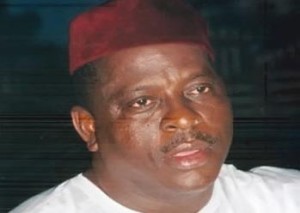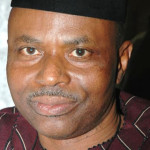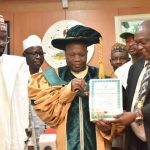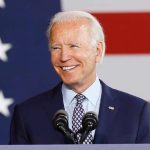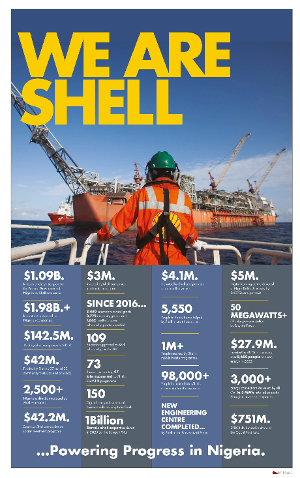Buruji Kashamu Disagrees With US Over Ruling On Extradition
Featured, Latest Headlines, News Thursday, May 8th, 2014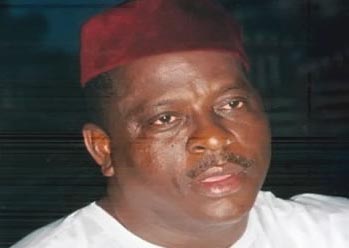
The chieftain of the Peoples Democratic party (PDP), Prince Buruji Kashamu has disagreed with the United States Judiciary over the April 24, 2014 ruling that was made against his (Kashamu) application by Chicago District Judge Charles Richard Norgle.
The applicant whose innocence was proven and affirmed by the Royal Court of Justice in the United Kingdom presided over by Lord Justice Pill and Mr. Justice Bell, had earlier instituted a court litigation to ensure that the United States Judiciary review its earlier stand which sees him as indicted after being tried and discharged by the Royal Court judges.
Kashamu’s action came as a result of a 2009 judgement that was delivered by the same Judge Charles Ronald Norgle who clearly stated that the PDP chieftain could not be tagged a fugitive owing to emerging facts that he had been tried for the same criminal charges in the United Kingdom.
But while ruling on the application, Judge Charles Richard Norgle of the US District Court Judge in Chicago, who apart from faulting the British government’s handling of an extradition case filed against Prince Buruji Kashamu, claimed that it was the testimony and evidence produced by the Nigerian government which led to his release in England. The Judge also said that Kashamu’s status as a political figure in Nigeria would not make an extradition attempt against him successful.
But checks at the United Kingdom Judiciary explained that the British government has not indicated any interest to probe Kashamu further since its courts had not found him wanting for the criminal charges made against him.
A statement from the British Judiciary noted that Kashamu who was arrested in Britain in 1998 and held for 5 years was unconditionally released when it became clear to the UK authorities that the US Justice Department could not substantiate its claims that he (Kashamu) was the most wanted Ahlaji who was allegedly mentioned by others arrested as their principal conspirator.
The UK judiciary office stated that it became very important for the British court to free Buruji Kashamu when it was discovered that his case was a case of mistaken identity, stressing that the Chicago prosecutors at that time had also tainted their eyewitness identification evidence by failing to disclose that one Mr. Nicolas Fillmore, one of the co-defendants, failed to pick him (Kashamu) out of a photo lineup.
The office said: “Reports before the British judges showed that a photograph which was snapped at the time Mr. Buruji Kashamu was arrested in the UK among 6 other photos was given to Fillmore who immediately said that it didn’t look like the wanted co-conspirator.
Kashamu’s lawyer, Prince Ajibola Oluyede of Trlplaw Chambers while contesting the ruling, said that the US had caused extradition proceedings to be commenced against his client in England but the two judgments dated the 2nd of December 1990 and 10th of January 2003 in the English Courts rejected the application for his extradition to the US on the basis that it was a case of mistaken identity.
He noted that a fugitive is someone who has never been tried by any court of law for criminal offences he is being alleged to have committed, stressing that the case of his client was different having being tried and discharged proven innocent by a United Kingdom court for the same criminal charge.
He argued in the reaction that the first judgment, of the High Court of Justice Queens Bench Division, England, found the US government culpable of suppression of evidence which exonerated Prince Kashamu, adding that the suppressed evidence was the report of an identification parade in which one of two, of the confessed conspirators in the offences charged, who had claimed to have any dealings with the alleged West African King pin of their gang, had said that Prince Kashamu was not the man they knew as “Alaji”.
Prince Oluyede in the reaction pressed further that the second judgment, following three years more of oral testimonies and profuse documentation presented to the trial Bow Street Magistrate Court, finally found that Prince Kashamu was not the person involved in the offences charged in the indictment and discharged him.
Kashamu’s lawyer proceeded in his reaction that Judge Norgle concluded erroneously in his ruling where he said that there was an evidence in the record that suggests that a request for extradiction would have been denied by the Nigerian government.
Oluyede also faulted the Judge’s assertion that it was testimony and evidence produced by the Nigerian government which led to Kashamu’s release in England and also that Kashamu’s status as a political figure in Nigeria and his relationship with Nigeria’s President Goodluck Jonathan likewise suggest that an extradition attempt would have been futile.”
His words: “Firstly, there was no evidence on record that Kashamu has any relationship with Nigeria’s President except for speculation in the media, which was not before the judge. This finding is therefore based on extraneous considerations, mischievous and seems calculated to embarrass the Nigerian Government.
“Secondly, Kashamu, from the evidence on record, returned to Nigeria in 2003 distressed and insolvent. He has only rebuilt his business and attained the political status attributed to him, recently.
“Thirdly, President Goodluck Jonathan did not become Nigeria’s President until about 4 years ago and Kashamu has no relationship with him beyond both being members of the same political party in which Kashamu has risen only in the last couple of years. How then do these support the misconceived view that an extradition attempt in the last 11 years would have been futile”
Furthermore, the lawyer said that the insinuation that the Nigerian Government wrongly supported Kashamu in the Extradition proceedings was clearly unfounded since, by the admission of the US Government on record, the US Government was also able to obtain documentation from the Nigerian Government initially which supported the position they had taken that Kashamu was the right target and that his brother had died since 1989.
Also, checks at the Department of Immigration on Benin Republic revealed that the then Inspector General of Benin National Police, Mr. Raymond Fadonougbo, on the 3rd April, 2001, fingered Mr. Alhaji Adewale Kashamu, Emmanuel Ugbade, Mrs Toun. Nicolas Fillmore, Cleary Wolters, Ellen Wolters, Oumiou Samadou, Gbenga Giwa and Akim Shokunbi as the conspirators behind the network that was dealing in suspicious activities majorly in drug trafficking.
Telecommunication and Postal Agency of Benin Republic also disclosed various payments made for telephone bills by Mr. Adewale Adeshina Kashamu between January 1992 and February 1993 for his telephone number 301258.
Another statement made to the Bow Street Magistrate court by the then Head of Benin Interpol, Mr. Bagbono Gaston, on October 4, 2002 had disclosed how the chief-conspirator of the drug trafficking network, Mr. Alhaji Adewale Kashamu, was operating a bank account with the Bank of Africa sometimes in 2002.
Bagbonou Gaston,a former head of Benin Interpol who also said that he had been a serving police officer for 27 years at that time pressed further in his statement that he was mandated by the country’s police chief to request the bank to provide the information on the operation of bank account belonging to Mr. Alhaji Adewale Kashamu.
The account number 01611168647 was opened on April 30, 1992 at the Bank of Africa by Mr. KASHAMU Adewale Adesina born on January 6, 1964 in Ikorodu Lagos state, with Passport Number A870428, an international passport that was issued on April 20, 1990 in Abuja.
Related Posts
Short URL: https://www.africanexaminer.com/?p=11050


